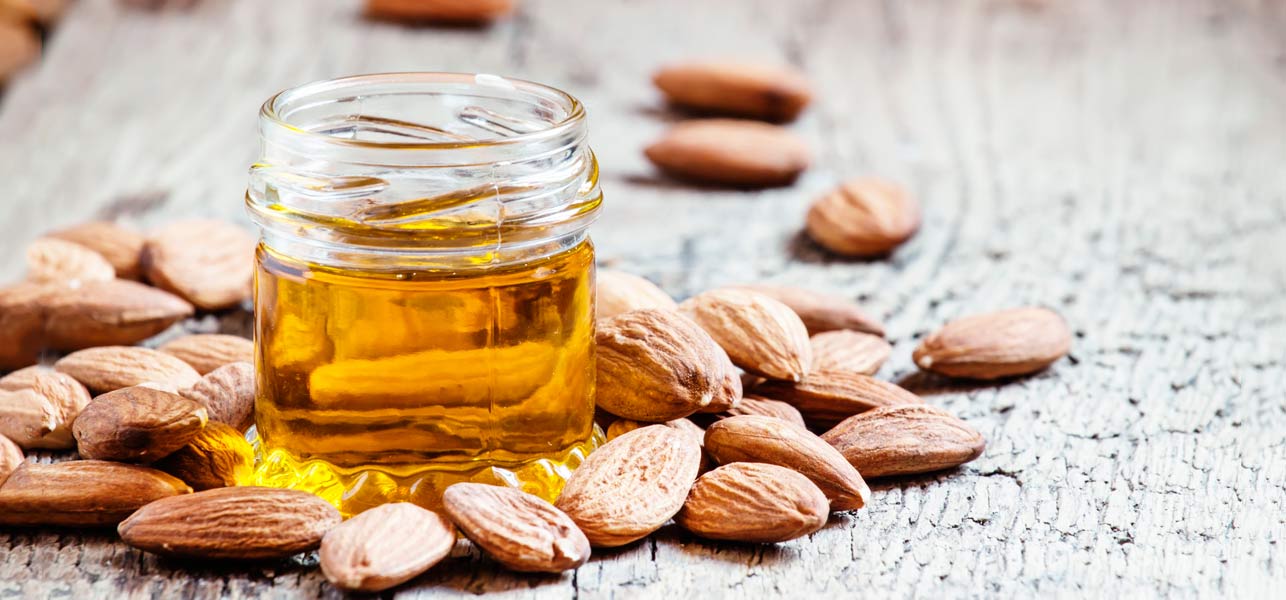Anise is just one of many types of plants that are made into essential oils. It is no longer confined in the kitchen cupboard, used only in cooking. Anise Oil is produced by steam distillation of the seeds. As with any other essential oil, it has many benefits to the body and overall health of anyone who uses these oils.
Anise, or aniseed, is a fairly small plant that can grow up to two feet. It belongs to the same family as fennel and parsley and is mainly used in cooking. But essential oils made from anise have been developed to be utilized for different purposes. Anise is very fragrant; its leaves and seeds are both used in cooking different Oriental dishes, as it originated in the Orient. But the plant mainly grows in wild or cultivated soil.
Anise Essential Oil is made from distilling its seeds. The resulting product is very aromatic, with a sweet scent, something like that of a black licorice. Its color is usually light yellow, but it can also be colorless. It is said to be effective in helping get rid of certain illnesses such as bronchitis, colds and flu.
Anise Essential Oil Benefits
There are several benefits that can be gleaned from using Anise Essential Oils, including:
- Relaxes the body. Anise has a sedative effect on the body.
- Heals wounds faster. Wounds benefit greatly from Anise Essential Oil because of this property.
- Reduces coughs, spasms and cramps.
- Stimulating blood circulation.
- Keeps insects away. Anise Oil is very toxic to insects.
- Loosens and releases mucus from the lungs and other parts of the respiratory tract.
- Promotes better digestion.
- Helps prevent viruses from attacking the body.
- Helps in removing gases in the body.
- Helps in curing constipation.
Aside from being a flavorful addition to dishes, anise, when made into an essential oil, is mixed with other compounds that make it more effective in treating and preventing illnesses. Its health benefits can be credited to its antispasmodic, anti-epileptic, anti-hysteric, digestive, decongestant, expectorant, carminative and cordial properties. It can be a small herb but it is packed with many useful benefits.
Using the oil in its prescribed dosage is generally safe. But just like any other product, excessive use of Anise Essential Oil can be bad to the body. Because of its narcotic and sedative effects, any excess of use may prove to be dangerous to the user. It can greatly decelerate circulation and respiration that can sometimes be fatal.
Anise Essential Oil Uses
- Anise Essential Oil as a Sedative. Anise Oil has a sedative effect that is good for people with epilepsy, anxiety, hysterics, depression and other psychological illnesses. It calms down the nerves, allowing the person to get rid of the illness’ effects.
- Anise Essential Oil as Antiseptic. The healing process of wounds is sped up with the help of this oil.
- Anise Essential Oil as Decongestant and Expectorant. Mucus lining the walls of the lungs and other parts of the respiratory tract are loosened and released, thereby clearing the passageway for better breathing.
- Anise Essential Oil as Insecticide. Anise is toxic to insects and placing oil where there is a concentration of insects in one area will eliminate them.
- Anise Oil as a Digestive Aid. Constipation and gases are greatly reduced. In return it promotes better digestion and circulation.
- Anise Essential Oil for Preventing Viruses. Cough and colds are caused by viruses, and taking Anise Essential Oil will help the body ward off these viruses so that it remains healthy and the immune system is not compromised.
- Anise Essential Oil for Oral Health. It is added to oral hygiene products such as toothpaste, mouthwash and syrups. Anise Oil gives these products their sweet taste and fragrance.
- Anise Essential Oil as Fragrance. It is used in soaps, lotions and other personal products to make them more fragrant and enticing to use.
- Anise Essential Oil as Flavoring. It adds more aroma and taste to a dish, like duck and pork dishes popular in Oriental cuisines.
Anise Essential Oil Side Effects
Although Anise Essential Oil is generally useful in many things such as in cooking and treating and preventing certain illnesses, it is important to remember that excessive use can be dangerous. Its sedative and narcotic properties, although very helpful in helping treat epilepsy, depression, hysterics and other illnesses, can be dangerous if used in excess. The said properties can slow down respiration when a large amount of the oil is used.
How to Use Anise Essential Oil
When used as flavoring in dishes, Anise Oil is directly added to the dish while it is being cooked. The amount of oil to be used depends on how much of the anise’s taste is desired. For treating wounds and bruises, a drop or two of the oil should be enough to cover the wound. The oil also acts as protection against infections. Anise Essential Oil is added to medicines that relieve cough, cold and other illnesses. This in turn unclogs the respiratory tract and loosens the mucus lining them.
It should be noted that Anise Essential Oil should be used sparingly as it has narcotic and sedative properties. Using more than the prescribed amount can slow down respiration and circulation, which may pose serious health risks. A few drops should be enough.
Anise Oil should not be used undiluted, unless if it is used to treat wounds and bruises. For this purpose, a small patch of skin should be tested to see if there will be any allergic reactions. If an allergic reaction occurs, discontinue use.
How to Make Anise Essential Oil
Anise Essential Oil is produced by way of steam distillation of anise seeds. Anethole is the main component of Anise Oil, and it is extracted by steaming water and the ground seeds of the anise are placed in a flask connected to the water being steamed. Excess water is taken out and the oil remains on another container which is then harvested to make the essential oil.
Anise Essential Oil Recipe
Anise Essential Oil can also be made at home using simple and readily available ingredients and steps. Here is how you can make Anise Essential Oil.
Ingredients:
- Dried anise seeds
- Mortar and pestle
- Almond oil
- Glass container
- Cheesecloth
Procedure:
- Place the dried seeds into the mortar and pestle and grind them just enough for the oil and the aroma to be released. Make sure not to grind the seeds excessively that they turn into powder.
- Transfer the contents of the mortar and pestle into the glass container and pour the almond oil until the Anise Oil is fully immersed into the mixture.
- Seal the glass container and let it stay under the sun. The heat coming from the sun will further help the oil to be released from the crushed seeds.
- After several hours under the sun, use the cheesecloth to drain the oil and separate the ground seeds. Store the essential oil in a container.
- Keep it in a cool and dry place to preserve its aroma and effectiveness.
Where to Buy Anise Essential Oil
Anise Essential Oils can be bought from many sources, such as the Internet – on eBay, Amazon and other online suppliers – as well as in drugstores and supermarkets. Bramble Berry is one of the most sought after Anise Essential Oil brands.
Anise Essential Oil FAQs
Can pregnant and lactating women use Anise Essential Oil?
Pregnant and breastfeeding women can integrate Anise Oil in their diets, such as when mixed in dishes to make them more flavorful. But as a medicinal agent, it is advisable to consult a doctor first before taking Anise Oil to aid in treating illnesses while pregnant or breastfeeding.
Does Anise Essential Oil cause allergies?
People who are allergic to anise and similar herbs such as asparagus, celery, coriander, cumin should not take Anise Oil as it may result in adverse allergic reactions.
Can children take Anise Oil?
Children can also take Anise Oil when mixed in food, as well as when used to treat wounds and applied on the scalp. It is wise to consult a doctor before letting a child take Anise Oil to prevent or heal illnesses.














